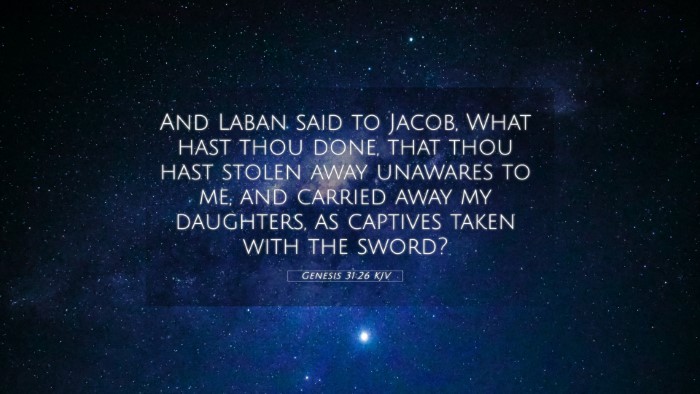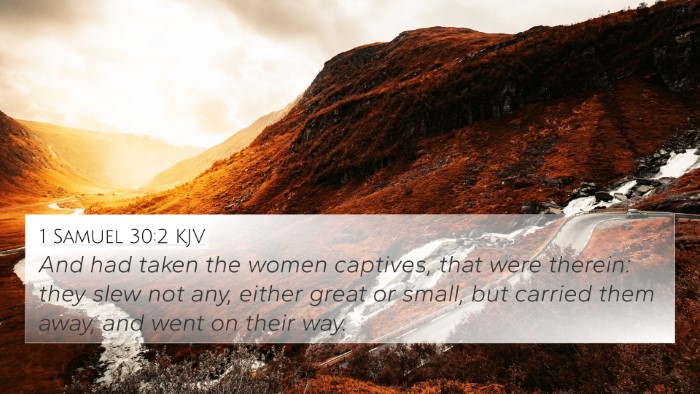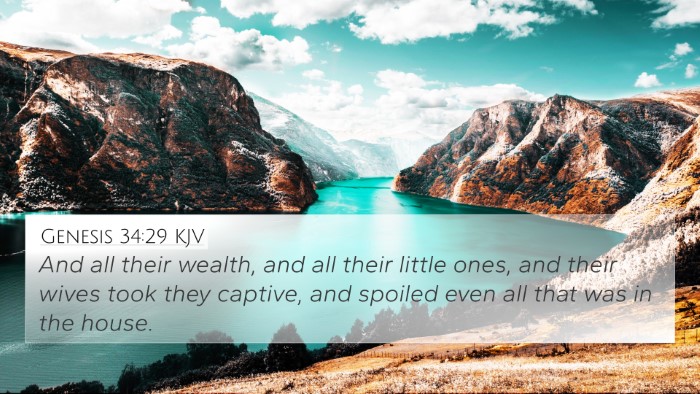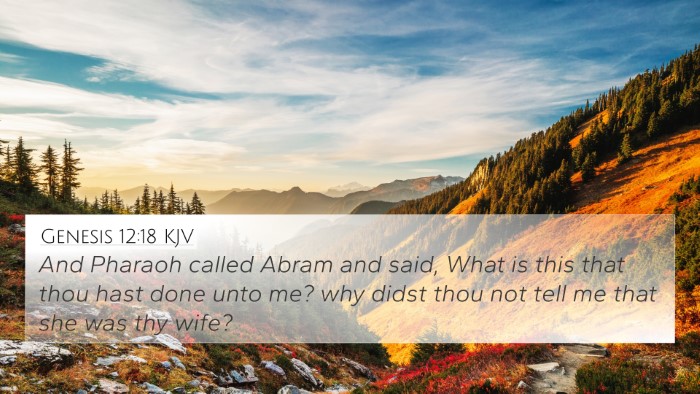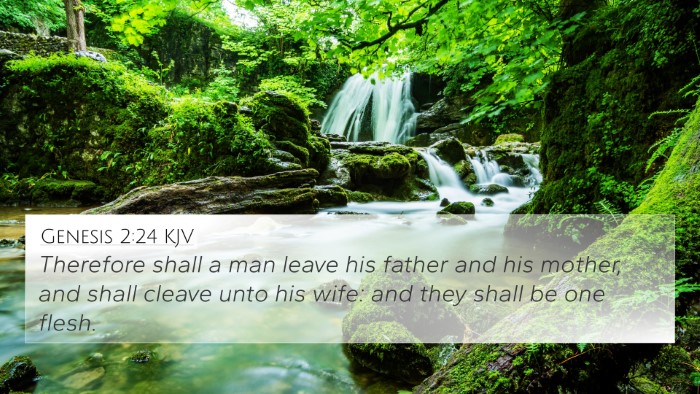Understanding Genesis 31:26
Genesis 31:26: “And Laban said to Jacob, 'What have you done that you have deceived me and carried away my daughters like captives taken with the sword?'”
Overview of Genesis 31:26
This verse occurs in a pivotal moment of conflict between Jacob and Laban. Jacob, after years of servitude, decides to leave with his family and possessions, leading to Laban’s outrage. This passage highlights themes of deception, family loyalty, and the complexity of human relationships.
Commentary Insights
- Matthew Henry's Commentary:
Matthew Henry emphasizes the emotional weight of Laban’s accusation toward Jacob. He notes that Laban’s use of the term "deceived" underscores the betrayal Laban feels. This reflects the larger narrative of how familial bonds can become fraught with tension and mistrust, particularly when personal interests clash.
- Albert Barnes' Notes:
Barnes highlights that Laban's complaint points to a perceived violation of social norms and familial conduct. He elaborates on the idea that Laban viewed his daughters as possessions, illuminating the cultural dynamics at play. This moment also serves as a representation of the ongoing struggle for power and autonomy within familial relations.
- Adam Clarke's Commentary:
Clarke sheds light on the implications of the term “captives” used by Laban. He suggests that this reflects Laban’s perspective on the situation, portraying Jacob’s departure as an act of warfare rather than a peaceful exit. This commentary invites readers to consider the varied interpretations of actions and how they can differ based on perspective.
Thematic Connections
This verse encapsulates essential themes of conflict, betrayal, and human relationships, which appear throughout the Bible. The emotional depth of Laban’s statement resonates with various narratives where fidelity and loyalty are tested.
Cross-Referencing Biblical Texts
To gain further understanding of Genesis 31:26 and its implications, we can look to several cross-references:
- Genesis 30:31-33: Discusses the origins of Jacob's wealth and his relationship with Laban.
- Genesis 29:25: Highlights betrayal in Jacob's own experience, reflecting the cycle of deception.
- Exodus 20:15: Addresses theft, relating to Jacob’s appropriation of Laban’s livelihood.
- Proverbs 24:14: Offers wisdom about knowledge and understanding as a form of financial gain.
- Luke 16:10: Portrays faithfulness in small matters, perhaps linking to Jacob's eventual growth outside of Laban's influence.
- Matthew 10:36: Reference to family tensions, relevant to Jacob’s strained relationships with Laban.
- John 10:12: Appeals to the theme of shepherding and care, contrasting Laban's treatment of his daughters with that of a true shepherd.
- Romans 12:18: Encourages peaceful living, a principle relevant to the conflict experienced here.
- Galatians 6:7: Discusses reaping what one sows, applicable to the outcomes of Jacob's interactions with Laban.
- Hebrews 12:15: Warns against bitterness, which could be seen in Laban's actions following Jacob's departure.
Practical Application
For modern readers, Genesis 31:26 serves as a reminder of the complexities in familial relations and the need for honest communication. The verse invites us to reflect on our actions and the potential consequences they may have on our relationships.
Conclusion
The story of Jacob and Laban encapsulates rich themes of struggle, loyalty, and the quest for personal identity. By examining Genesis 31:26 through the lens of various commentaries and relevant biblical cross-references, we can deepen our understanding of the text and its implications for our lives today.

